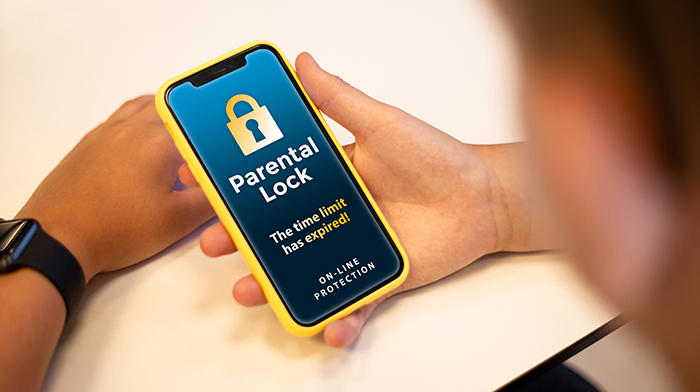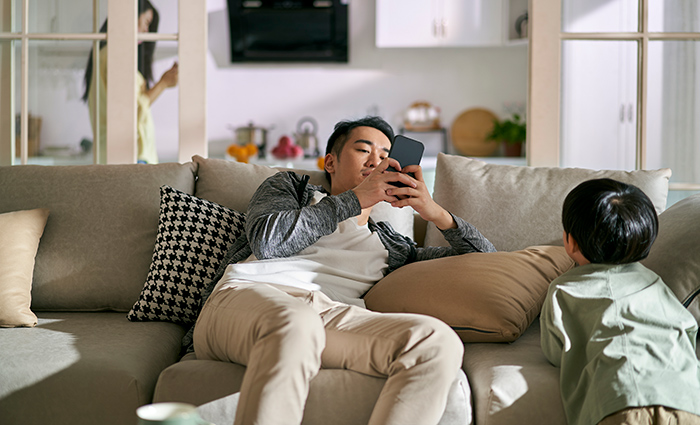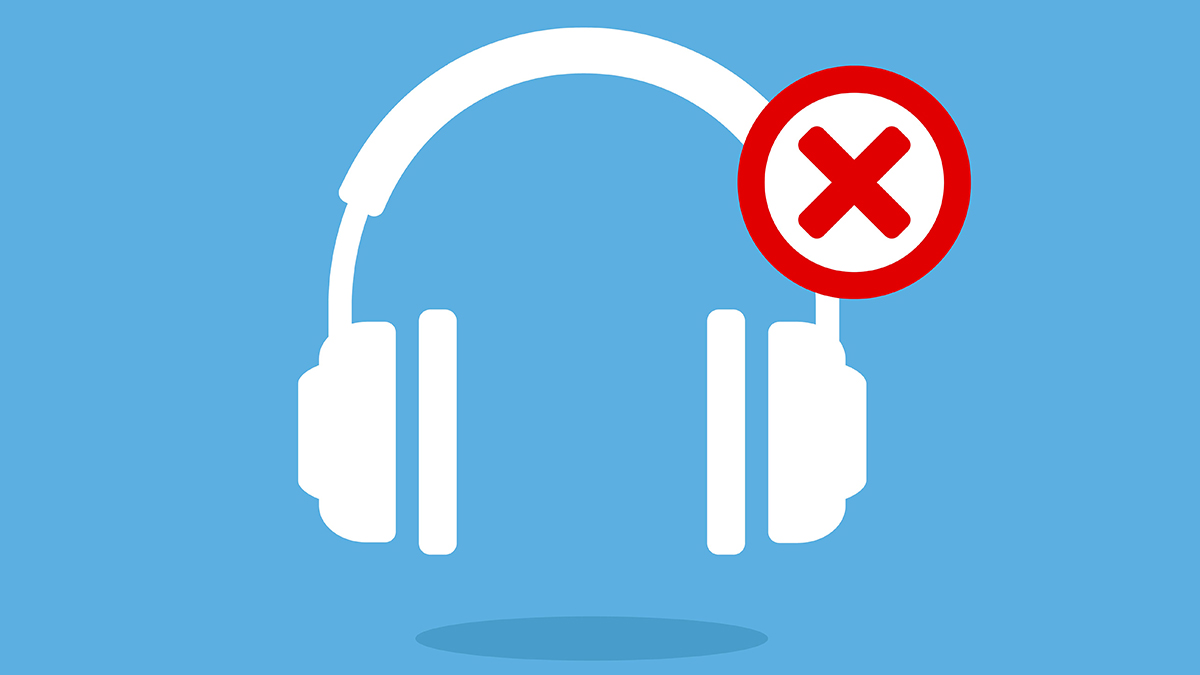Get our independent lab tests, expert reviews and honest advice.
Tips and tricks to limit screen time

Need to know
- There are no clear guidelines for the right amount of screen time for kids, which can make it hard for parents to know how much is too much
- Tools and apps that limit the use of devices and apps have their place but should go hand-in-hand with education
- Setting a good example is an important part of helping kids manage their use of screens
Visit any family-friendly cafe or restaurant on a weekend and you’ll probably encounter the familiar sight of parents and children enjoying a meal together. What you’ll probably also see is a child engrossed in a tablet, smartphone or other digital device.
While some diners will tut-tut at the failure of children to interact with their families, others will applaud the fact that the kids are quietly absorbed in the screen rather than loudly disrupting the other patrons. Whatever your opinion, the combination of kids and screens is here to stay.
While tech can be a great way to both entertain and educate our kids, it’s also often a cause of conflict and concern for parents. We spoke to experts and parents to find out how to manage this much-discussed issue.
Concerns about screen time
Dr Joanne Orlando is a Sydney-based commentator and analyst on digital behaviour who has researched this subject for more than 15 years. She says worries about kids and screen time have shifted over time and she’s seen parents become more accepting that the use of devices is unavoidable.
“Tech is a big part of life now,” she says, “but we’re still worried about the negative impacts.”
It can be difficult for parents to find a definitive answer to the question, how much is too much?
The amount of time children spend looking at a screen is a big concern and it can be difficult for parents to find a definitive answer to the question, how much is too much?
“About three or four years ago the guidelines for how much time children should spend on a screen were abolished because measuring time on a screen just didn’t work any more,” says Orlando.
The advice from the Government’s eSafety Commissioner site states, “There is no magic figure. The right amount of screen time can depend on a range of factors like your child’s age and maturity, the kind of content they are consuming, their learning needs and your family routine.”
But where does that leave parents who are concerned about how much time their kids spend on a screen?

How much is too much screen time?
The first thing to bear in mind, according to Orlando, is that despite the many alarming reports about the damage screen time is causing our young people there actually isn’t much proof of widespread harm.
“The evidence is a bit scattered and all over the place,” she says, “it’s quite contradictory.”
So how do you know when there’s a problem?
The eSafety Commissioner advises that rather than focusing on the amount of time spent on screens, parents should consider the effects the screen time is having on their child’s overall health and well-being. If overuse of screens is getting in the way of sleep and exercise, impacting face-to-face connections or causing kids to withdraw then it might need a closer look.
“It can be easy to focus only on the clock and how long your child is spending in front of the screen, but the quality and nature of what they are doing online, and your involvement are just as important,” they advise.

What can parents do to limit screen time?
The mums and dads we spoke to for this article shared many of the same concerns. Many use the tools on devices that limit the amount of time kids can spend using them. This included daily limits on the device itself or limits on particular apps.
More than one parent admitted they were also worried about their own screen time
Most said they found flexibility was important and that the type of screen time was just as important as the quantity. For example, one parent told us that anything educational didn’t count towards the daily limit and that their child could earn extra time by reading a book.
More than one parent admitted they were also worried about their own screen time, and according to Orlando this is an important point.
“We are role models in terms of our tech use,” she says. If your phone is always in your hand or your pocket but you’re chastising your child for excess screen time you need to consider the message you are sending.
“What we do is very powerful,” she says.
Tips for managing your child’s screen time
1. Use tech tools
Use the settings on the device your child is using to restrict the amount of time they can spend on the device itself or specific apps.
2. Be flexible
As our kids grow and circumstances change, be open to reviewing rules.
3. Keep talking
Age-appropriate discussions are key to developing healthy habits.
4. Seek balance
Encourage your child to develop interests that aren’t online.
5. Set a good example
If you’re always looking at your phone, tablet or laptop, can you really expect your child to limit their use?
Tips for managing screen time
1. Use tech tools
Use tech tools to limit screen time but be flexible and communicate openly about what you’re doing.
“Explain what you’re doing and why,” says Orlando. She stresses the importance of using parental controls in conjunction with education because without those discussions your kids won’t learn how to manage their use.
2. Be flexible
The internet and technology are changing all the time so we can’t set rules that never change. As tech changes, as our kids get older and as other circumstances change, we need to review and adapt the way our children use their devices.
“The rules we set for our kids can’t be set in stone,” says Orlando, “They are a work in progress, all the time.”
3. Keep talking
Age-appropriate discussions about how we use devices are an important part of understanding and controlling what’s happening with a family’s screen time.
Being involved in what they’re doing, working with them to set boundaries and discussing the issues with your child are all important.
It’s also important to acknowledge that we don’t have all the answers.
“We’re all in this together and learning about it at the same time as our kids,” says Orlando.






